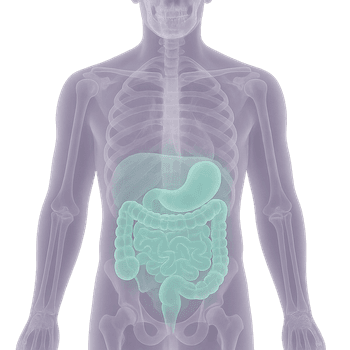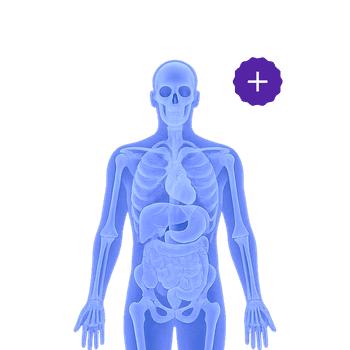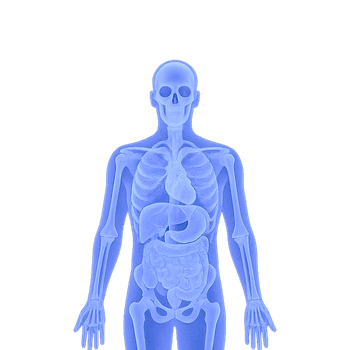Quick version
The adrenal glands are hormone-producing glands that control stress, blood pressure, and metabolism.
- Produce cortisol, aldosterone, and sex hormones
- Release adrenaline and noradrenaline during stress
- Regulate salt and fluid balance
- Affected by diseases such as Addison's disease and Cushing's syndrome
- Small in size but crucial for the body's hormonal system
What are the adrenal glands?
The adrenal glands are small hormone-producing glands that sit on top of each kidney. Despite their small size, they are crucial for the body's hormonal balance and the regulation of several vital functions. The adrenal glands produce, among other things, stress hormones, sex hormones, and hormones that control salt and fluid balance.
Anatomy and location
The adrenal glands are triangular-shaped glands that weigh about 4–6 grams each. They are located on top of the kidneys, one on each side of the body. The adrenal glands consist of two parts with different functions: the cortex and the medulla.
Functions of the adrenal glands
The adrenal glands have several central functions through their various hormones:
- Cortex: Produces cortisol (regulates metabolism, stress and inflammation), aldosterone (controls blood pressure and salt balance) and small amounts of sex hormones.
- Medulla: Produces adrenaline and noradrenaline, which activate the body's fight-or-flight response to stress.
Hormonal regulation
The adrenal glands are part of the body's endocrine system and are largely controlled by the pituitary gland via ACTH (adrenocorticotropic hormone). In this way, hormone production is adapted to the body's needs, for example in the event of stress, illness or changes in blood pressure.
Common diseases and conditions
The adrenal glands can be affected by various diseases that affect hormone production, for example:
- Addison's disease (adrenal insufficiency) – lack of cortisol and aldosterone
- Cushing's syndrome – excess cortisol
- Pheochromocytoma – tumor in the adrenal medulla that produces too much adrenaline
- Adrenal hyperplasia – congenital disorder in hormone production
Relevant symptoms
- Pronounced fatigue and weakness
- Changes in blood pressure (low in Addison's, high in Cushing's or pheochromocytoma)
- Weight changes
- Increased susceptibility to infection
- Skin changes (e.g. hyperpigmentation in Addison's disease)
Related conditions and diagnoses
- Addison's disease (adrenal insufficiency)
- Cushing's syndrome
- Pheochromocytoma
- Adrenal hyperplasia
- Adrenal tumors
























